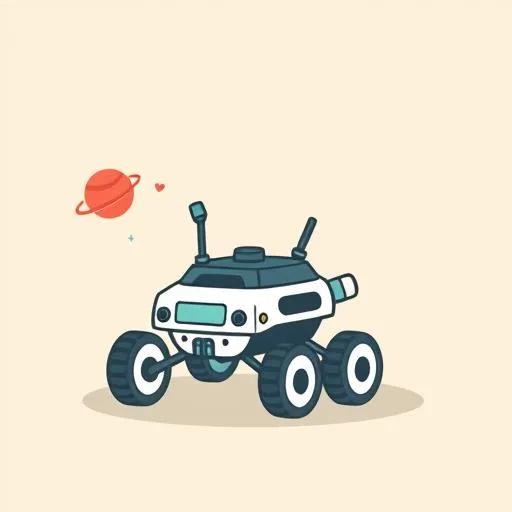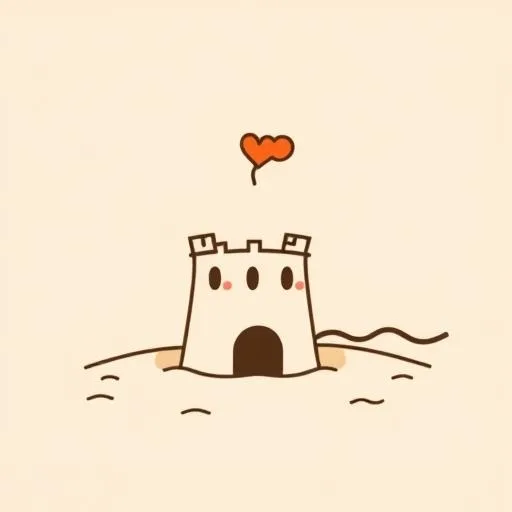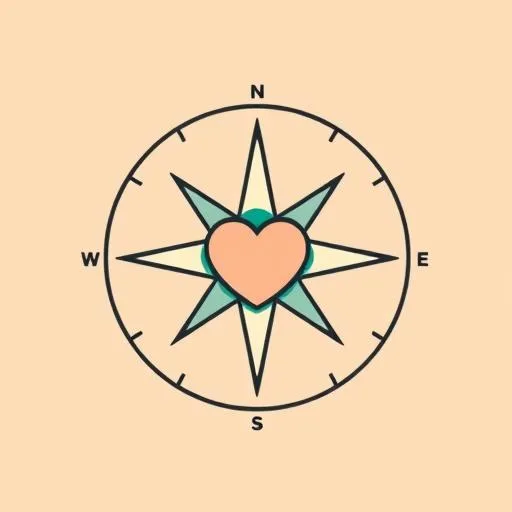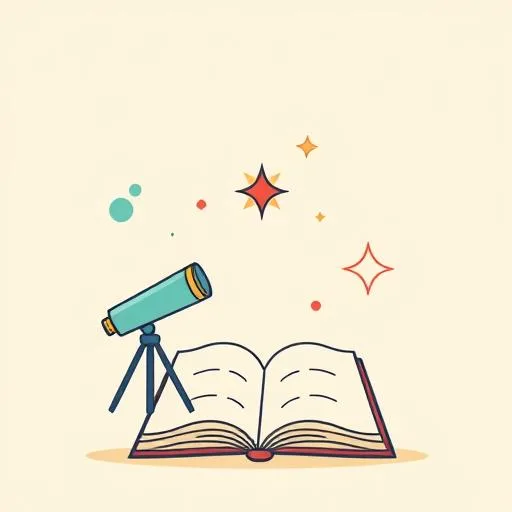
The other night, my daughter pointed a little finger at the moon, her eyes wide with that pure, unfiltered seven-year-old wonder. ‘Can we go there?’ she asked. And in that moment, my heart just swelled. That question—that simple, beautiful, human curiosity—is the engine that has driven every great discovery. But as I read about how AI is now exploring the stars, sometimes without us, I can’t help but ask a new question: are we building a future where our kids get to have those adventures, or one where they just watch a machine have them on their behalf?
The Ultimate Co-Pilot for the Cosmos!

Let’s be clear: what’s happening in space exploration right now is truly MIND-BLOWING! We’re talking about AI systems that are becoming true partners in our cosmic journey. Think about NASA’s Perseverance rover on Mars. This thing is a marvel! It’s using AI to navigate treacherous alien terrain all by itself, creating 3D maps and picking the best path forward without waiting for instructions from Earth. How COOL is that?! It’s like having the galaxy’s smartest, most reliable co-pilot on the ultimate road trip, making decisions in real-time to keep the mission safe and successful.
And it’s not just about driving! The sheer amount of data pouring in from space telescopes is like trying to find one specific grain of sand on every beach in the world. It’s an impossible task for humans alone. But for AI? It’s a piece of cake! Machine learning algorithms are sifting through mountains of data from telescopes like Kepler and TESS, spotting the faint dips in starlight that signal a potential new planet. They’re helping us find thousands of exoplanets, bringing us closer than ever to answering that age-old question: are we alone?
This is where it gets SO exciting. AI isn’t just a fancy calculator; it’s an extension of our own curiosity. It’s the invisible engine powering this new space race, allowing us to explore farther, faster, and more efficiently than ever before. It’s helping us plan missions to the outer reaches of our solar system and analyze cosmic signals in the search for extraterrestrial life. This partnership between human creativity and artificial intelligence is unlocking possibilities we could only dream of a generation ago. It’s truly awe-inspiring!
But Wait… Is the Human Adventure Getting Lost in Transmission?

So, while the tech is incredible, it raises deeper questions. Okay, it’s amazing. Unquestionably. But then I read Alex Li’s warning, and it really made me think. He worries that in our rush for efficiency and data, we might be stripping away what makes exploration so… well, human. And WOW, does that give you pause.
Exploration has never just been about the destination or the data points. It’s about the journey! It’s about the courage, the struggle, the ingenuity, and the profound, soul-stirring awe of seeing something no human has ever seen before. It’s the story, the shared experience, the feeling of pushing our own limits.
Think about building a magnificent sandcastle with your kid. An AI-powered robot could probably build a geometrically perfect, structurally sound fortress in minutes. But would you trade the memory of laughing together as a wave knocks over your lopsided tower? Of feeling the sand between your fingers and working together to build something uniquely yours? Of course not! The messy, imperfect, joyful process is the whole point. That’s where the magic happens. That’s where the connection is forged.
When we send AI to explore the stars alone, we get the data back, sure. We get the perfect pictures. But we risk losing the story. We risk turning the greatest adventure of all time into a spectator sport. I want my daughter to grow up believing she can be part of that story, not just a consumer of the content it produces. I want her to feel the call of the unknown in her bones, not just read a report about it.
Our Compass for the Cosmos: Guiding Our Tools with Heart

So, what do we do? We don’t hit the brakes on progress. That’s not the answer. Instead, we become incredible guides! This is our chance to infuse our most powerful tools with our deepest values. It’s a conversation we need to be having right now, around our dinner tables and in the halls of science.
This is where organizations like NASA are already stepping up, creating ethical frameworks for using AI. I love this so much! It’s all about ensuring these systems are safe, transparent, and aligned with human values. It’s about programming a moral compass into our autonomous explorers. For example, an AI guiding a spacecraft has to prioritize mission safety and minimize risks, not just to the craft, but to any potential life or environment it encounters. NASA’s framework is a testament to the idea that how we explore is just as important as what we discover.
This isn’t about limiting AI; it’s about elevating our partnership with it. We’re teaching it to be a responsible explorer, a steward of the cosmos, just as we try to teach our children to be kind and considerate. It’s a profound responsibility, but also an incredible opportunity to reflect on our own values and decide what principles we want to carry with us to the stars. We can build a future where AI handles the dangerous, repetitive, and data-heavy tasks, freeing up humans to do what we do best: dream, create, question, and experience that irreplaceable feeling of awe.
Keeping the Wonder Alive for the Next Generation of Stargazers

When I look at my daughter, I see a future astronaut, scientist, or artist—or maybe something that doesn’t even exist yet! My job isn’t to predict her path, but to fill her toolbox with curiosity, resilience, and a deep-seated sense of wonder.
The rise of AI in space exploration isn’t something to fear. It’s a call to action for us as parents. It’s a chance to double down on what makes us human. We can use these new tools to fuel our kids’ imaginations, not replace them. What if we use an AI to generate stunning, scientifically accurate images of a newly discovered exoplanet, and then ask our kids to write a story about who might live there? Or use it to plan a backyard stargazing night, identifying constellations our ancestors marveled at for millennia?
The future of exploration isn’t a choice between human or machine. It’s about a partnership. AI can be the ship that takes us to distant worlds, but humanity must always be the captain, steering with a compass of curiosity, empathy, and wonder. The goal is to ensure that when our children’s generation looks up at the sky, they don’t just see points of light. They see an invitation. An open door to the greatest adventure of all, waiting for them to step through.
Source: More than machines: When AI explores the stars without us, The Space Review, 2025/09/08 11:58:00
